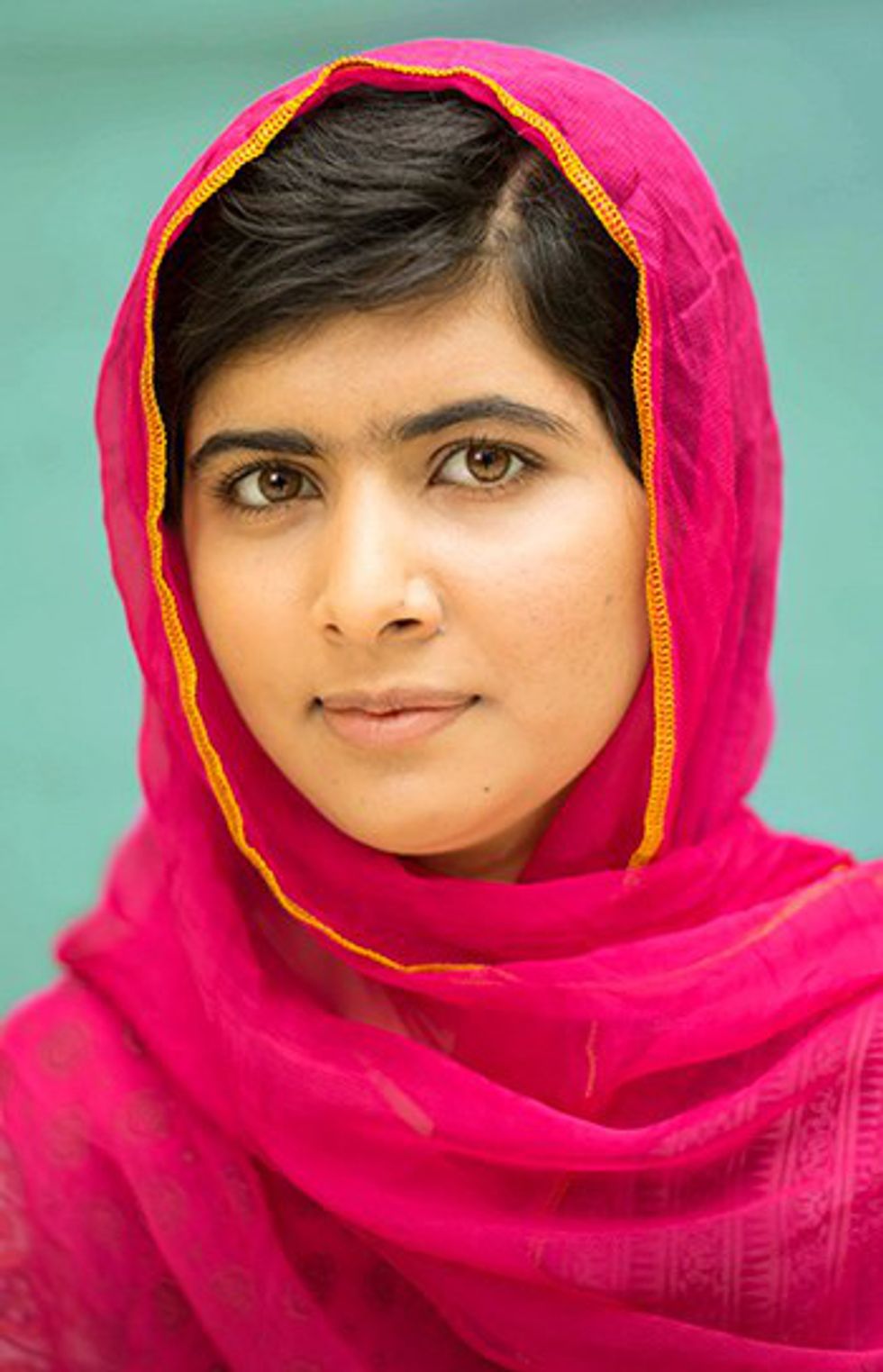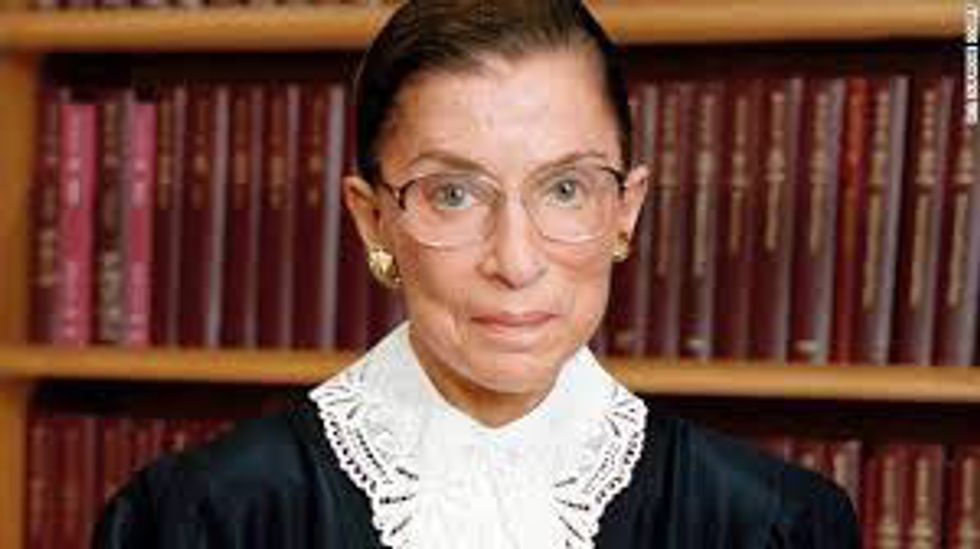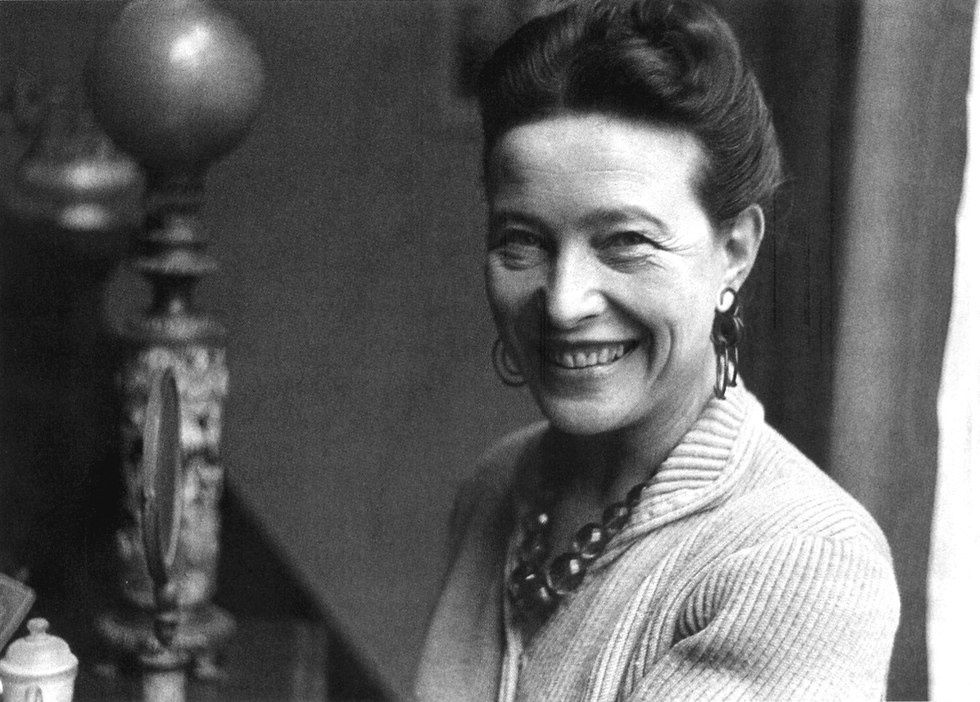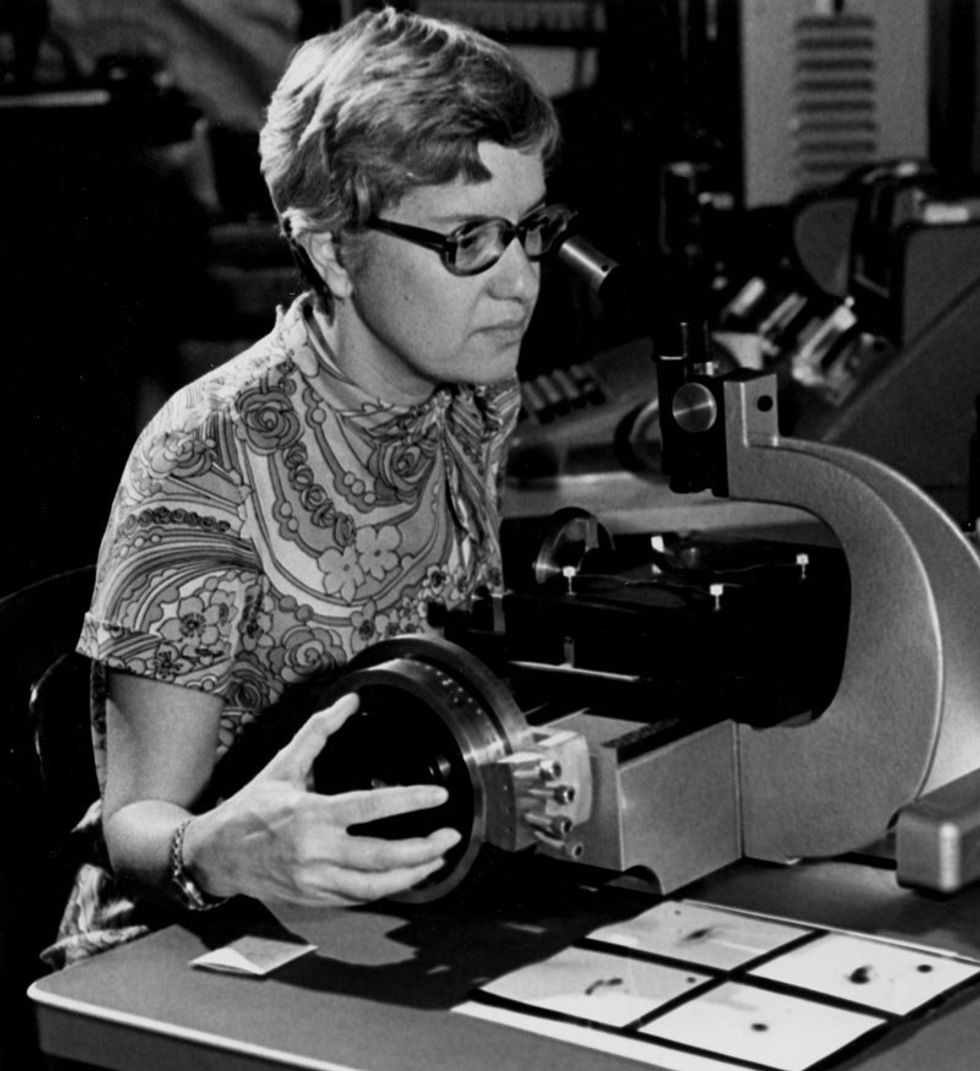This past week, Senator Elizabeth Warren made news after a controversial cut-off of her reading of Coretta Scott's words in the Senate session. Majority leader Senator Mitch McConnell was quoted saying, "She was warned. She was given an explanation. Nevertheless, she persisted." Regardless of Congressional policy or procedure, this resonated with women across the country. Its not uncommon for women to find themselves being interrupted or doubted because of their gender. As a response, women are claiming Senator's McConnell's words to celebrate the strong women of history and the present. Below are five examples of strong women- some you may recognize, some you may not. Regardless, these women persisted.
1. Malala Yousofzai
Born in Pakistan in 1997, Malala has been fighting for her and women's education rights since day one. She began running a blog at age 12 advocating for the cause, calling for equal education rights for women in the area. In 2012, her school bus was ambushed by gunmen who opposed her movement, and they shot her once in the head, neck, and shoulder. Not one to let her life-threatening injuries set her back, Malala has become the face and hero of women's right to education. In 2014 she was awarded the Nobel Peace Prize and donated over $500,000 to creating a secondary school for girls in Pakistan.
2. Ruth Bader Ginsberg
Best known for her 24 years (and counting) on the Supreme Court, Ruth Bader Ginsberg has spent her entire life dedicated towards gender equality and worker's rights. She studied law at Harvard and Columbia Universities, where she was often chided for taking a "man's place" in the prestigious law program. Ginsburg successfully balanced gender discrimination, her education, and motherhood to graduate from Columbia Law in 1959. After teaching for 20 years, Ruth quickly moved up through the courts until being appointed to Supreme Court in 1993. Some famous cases she had a hand in include Obergefell v. Hodges (legalizing gay marriage), Ledbetter v. Goodyear Tire & Rubber Co (pay equality between genders), and Weinberger v. Wiesenfeld(allowed widowers to receive Social Security benefits).
3. Simone de Beauvoir
Simone de Beauvoir was a French writer during the mid-twentieth century who is credited with penning The Second Sex. In a time when women were expected to be housewives and mothers, her book was considered to be the beginning of modern feminism. The Second Sex explored the history of women and their place in society. She addressed myths, legends, and biology that lead to women hold an inferior place in society and recognized that society is responsible for a woman's sense of who she is. In turn, Simone also reasoned that women are more than capable of becoming equals- they simply need to rebel against society as opposed to resigning to it.
4. Vera Rubin
Vera Rubin is famous for discovering evidence and proving the existence of dark matter, the mysterious matter that out numbers normal atomic matter by five to ten times. Vera began her interest in astronomy as a child while watching the stars through her bedroom window. She faced many challenges in her education; a high school teacher told her she would be successful as long as she avoided a career in science, and the Princeton graduate program refused to send her a course catalog, as they did not admit women at the time. Regardless, she earned her masters degree and dove right into studying distant galaxies. Pushing through the glass ceiling, Vera solidified the dark metter theory, despite senior astronomers saying there was no credence to it. She was awarded multiple honorary degrees and medals before passing away in 2016.
5. Dolores Huerta
Dolores' feminist and giving spirit began as a child as she watched her mother work tirelessly to provide opportunities to low income, minority families. She earned her teaching certificate and took a job at a local school in her agricultural community. There she witnessed kids coming in with ratted clothes and empty stomachs, and knew she had to do something. Dolores worked tirelessly to found the National Farm Workers Association, which helped provide disability insurance and aid for dependent families, to name a few benefits. She faced her fair share of discrimination as well, having to work her way up to being "on par" with male lobbyists and even receiving life threatening injuries from an officer during a peaceful protest. Regardless, Dolores continues her work well into her old age.
This list is by no means all inclusive. Thousands of women throughout the ages have stood up for what they believe in, and without them, society wouldn't be where it is today. These five weren't the first to stand up, and they certainly won't be the last- but we still thank them for their work, their passion, and their inspiration. Every day can be a struggle to over come injustice and break the glass ceiling. But, in the words of Senetor McConnell, there's one thing for us to do.
Persist.
























